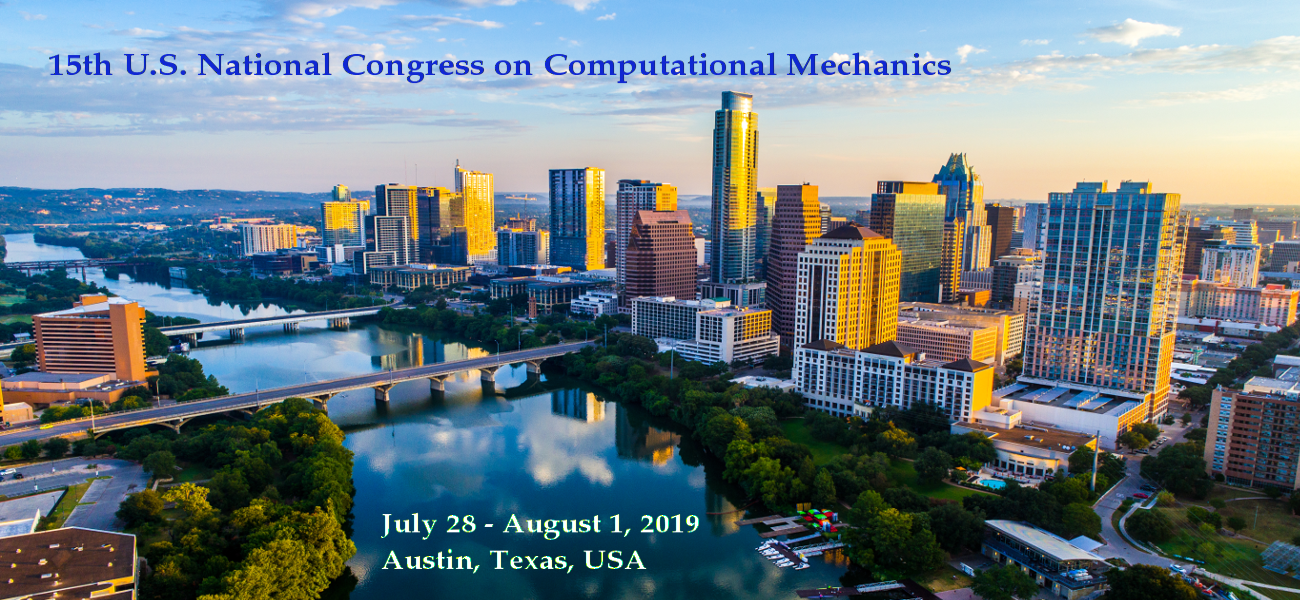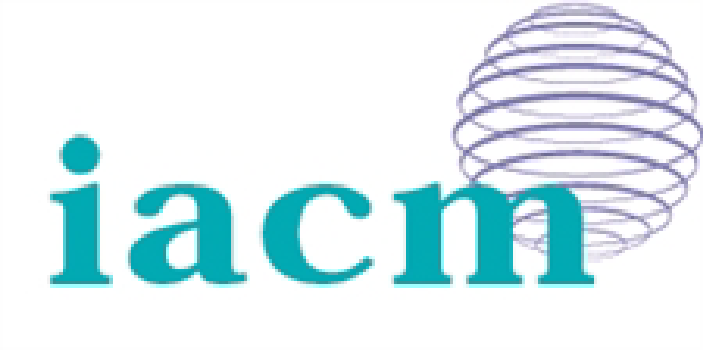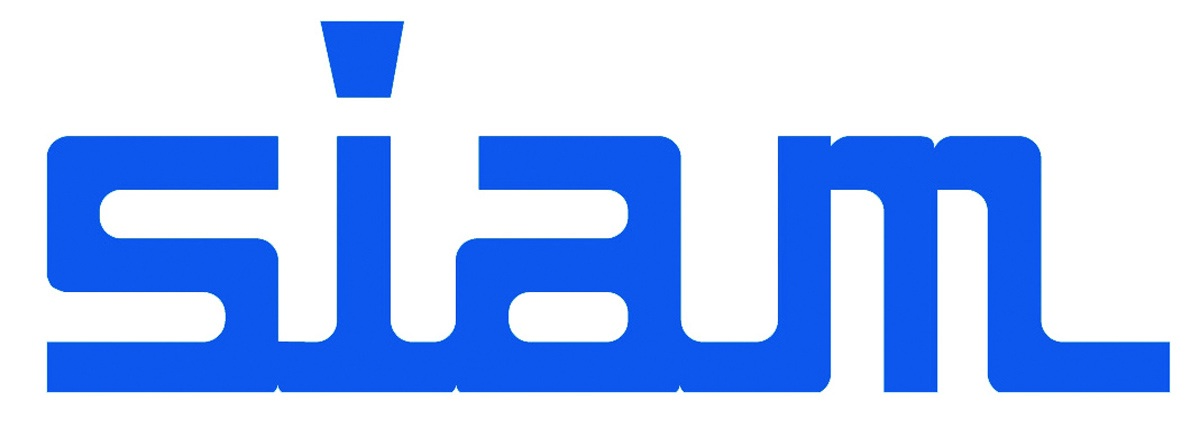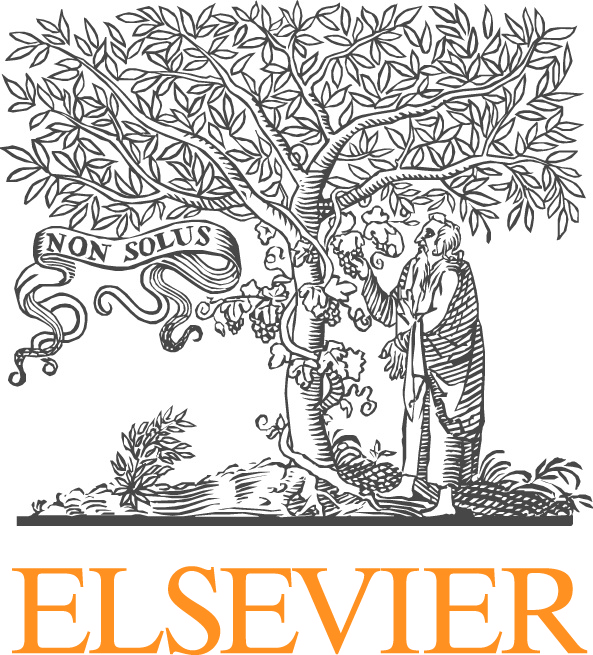Dr. Christopher Arthurs, King's College London
Dr. C. Alberto Figueroa, University of Michigan
CRIMSON, the CardiovasculaR Modelling and SimulatiON Environment, is a complete software pipeline for segmenting blood vessels from medical imaging data, generating meshes, designing and specifying boundary conditions and material properties, and performing finite element simulation of blood flow on thousands of CPU cores, using the SUPG-stabilised incompressible Navier-Stokes equations. The software is used by researchers around the globe, and is freely available for users to download from our website, www.crimson.software. We believe that the calibre and interests of researchers in attendance at USNCCM 2019 make this conference an ideal place for a CRIMSON Short Course.
Upon completing the short course, attendees will be fully trained in performing image-derived patient-specific simulations of arterial blood flow using CRIMSON. Because of CRIMSON’s focus on presenting cutting-edge modelling and simulation features via a modern and intuitive user interface, complete novices can learn to perform their first segmentation and simulation in less than half a day. The second half or the short course will teach advanced features of CRIMSON, such as custom boundary condition design tools, patient-specific cardiac performance modelling, and transitional physiology and cardiovascular control scripting. Attendees will leave the short course with an in-depth understanding of how CRIMSON can accelerate their own research. Attendees will be required to bring their own laptops to work on.
Program Outline:
• Morning Session (2 hours)
- Introduction to CRIMSON and the user interface, including some example use-cases
- Segmenting multiple blood vessels, solid model generation, blending & meshing
- Basic boundary condition specification
• Afternoon Session 1 (2 hours)
- Running a simulation and visualising the resulting pressure and velocity fields
- Mesh adaptation using local error indication
- Vessel wall material properties and fluid-structure interaction
• Afternoon Session 2 (2 hours)
- Agile customisation of LPN boundary condition models
- Patient-specific cardiac models; transitional physiology and control with Python
- Running in the Cloud







